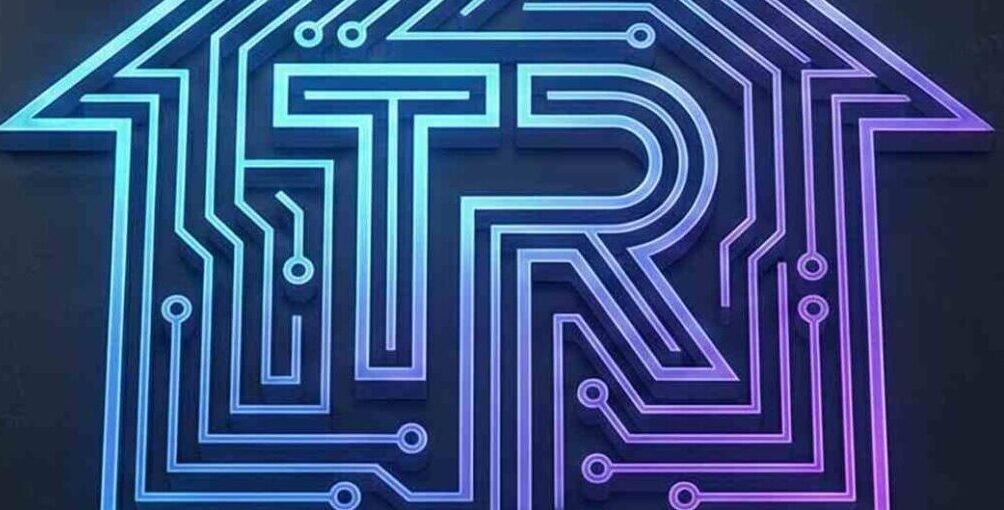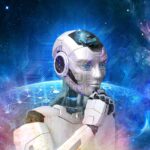For sure astronomers, the possibility for the growth and development of artificial intelligence (AI) is well beyond data classification. They feel Artificial intelligence could provide us with the necessary information to decipher the universe.
A group of astronomers at the Cal’s University of Berkley, who specialize in the astrophysics and physics of galaxies, as well as black holes and black holes, have utilized Artificial Intelligence to increase the resolution of the telescope’s blurry images. To achieve this, they employed neural networks that are efficient in creating variations from the data it analyzes and a skilled forger that can imitate a well-known painter. These networks, also known as GANs or generative adversarial networks, GANs, were employed to make fake faces based on photos of famous faces and contrived audio dialogue that imitates the voices of people, as well as a variety of other types of data. They are among the most advanced varieties of current artificial intelligence research. For researchers, this is about obtaining information that was not available before.
Follow the color formulas of some famous painters.
Based on this study published in the late 1990s by Berkley, researchers described how generative adversarial networks could be utilized to enhance pictures’ quality taken from space. They reduced the rate of various galaxy images and added blurring and noise. They followed a specially-designed match-making network that generatively matches telescope images to improve their resolution compared to the original images. The results were surprisingly precise and accurate enough to persuade the scientific community that investigates the cosmos AI has a huge potential to improve the quality of all kinds of datasets. In the field of Astronomy. Scientists who are part of the project claim they are working on “many interesting results in the works”; however, they cannot reveal any information until they’re published in regular scientific journals.
However, researchers remain incredibly skeptical about the research. There appears to be something wrong with this because it contradicts the basic principles of science, which is that you can only get to know things about the universe by observing them directly. This is a dangerous tool for precisely this reason, said the team of scientists from the University of Michigan. It is only appropriate when we have vast and precise databases to verify the results.
In other words, an adversarial network can produce information about black holes in a region where information has never been seen in detail before and then dump it into the sky. If the report suggests a black hole in that area, Astronomers will verify the findings firsthand, much like gravitational lenses. Scientists affirm that, as with any scientific instrument, thorough and thorough testing is required to ensure that the results do not “divert attention from the thing you’re looking at” and make you misunderstand the concept.
Discover more from TechResider Submit AI Tool
Subscribe to get the latest posts sent to your email.



